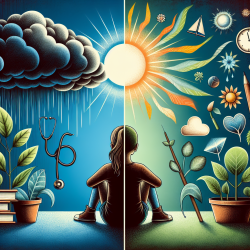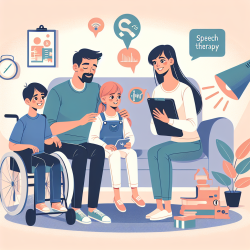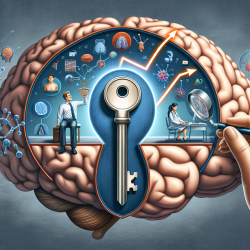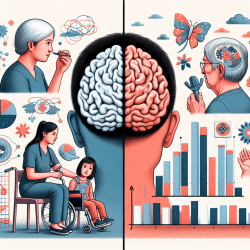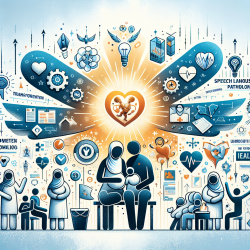The Unseen Impact of Adverse Childhood Experiences on Mental Health
Adverse Childhood Experiences (ACEs) are not just fleeting moments in a child's life; they are powerful predictors of mental health outcomes in adulthood. Recent research by Schilling, Aseltine, and Gore (2007) has illuminated the profound impact these experiences have on young adults, emphasizing the need for targeted interventions.
Key Findings from the Research
The study conducted a longitudinal survey involving high school seniors, examining the prevalence of ACEs and their impact on mental health outcomes such as depressive symptoms, drug abuse, and antisocial behavior. The results were telling:
- ACEs were strongly associated with increased depressive symptoms, drug use, and antisocial behavior.
- The cumulative effect of multiple ACEs was significant across all outcomes.
- Gender differences were noted, with boys more likely to engage in antisocial behavior following ACEs.
- Racial differences showed that Whites experienced a greater adverse mental health impact from ACEs compared to Blacks and Hispanics.
Implications for Practitioners
For practitioners working with children, especially in online therapy settings like those provided by TinyEYE, these findings underscore the importance of early identification and intervention. Here’s how you can apply these insights:
- Early Screening: Implement routine screening for ACEs in children to identify those at risk.
- Tailored Interventions: Develop personalized intervention strategies that consider the child's gender and racial background.
- Focus on Prevention: Engage in community outreach and education to prevent ACEs from occurring.
- Data-Driven Approaches: Utilize data from screenings to drive decisions and measure the effectiveness of interventions.
Encouraging Further Research
While this study provides valuable insights, it also highlights the need for further research, particularly in understanding the nuanced effects of ACEs across different demographics. Practitioners are encouraged to contribute to this growing body of knowledge by conducting their own studies or collaborating with researchers.
To read the original research paper, please follow this link: Adverse childhood experiences and mental health in young adults: a longitudinal survey.
